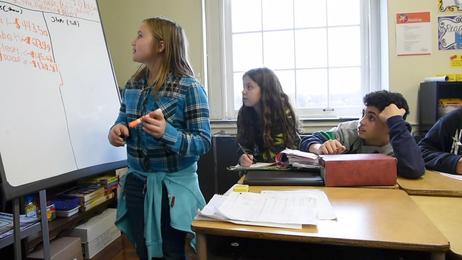While some public schools have made their classrooms decidedly politically correct, including banning Christmas carols on campus, other states seem to be headed in the opposite direction. A number of states around the country are introducing legislation to bring the Bible back to school – purportedly as a resource for teaching the history of the United States, rather than advocating a particular religion. Still, many believe that biblical studies of any kind in public schools are a flagrant First Amendment violation. Which side is right? It turns out the matter may be too complex for a single, easy answer.
The First Amendment
The First Amendment states, “Congress shall make no law respecting an establishment of religion, or prohibiting the free exercise thereof…”
“Largely because of this prohibition against government regulation or endorsement of religion, diverse faiths have flourished and thrived in America since the founding of the republic,” states the Anti-Defamation League. “Indeed, James Madison, the father of the United States Constitution, once observed that, ‘the [religious] devotion of the people has been manifestly increased by the total separation of the church from the state.”
The words of the Constitution sound relatively straightforward, but they have been hotly debated for generations. Determining what constitutes the separation of church and state is not an easy task, particularly when First Amendment issues enter into the public school forum. Prayer, Bible study, and teachings on creationism and evolution have all become hot-button issues in school districts






















